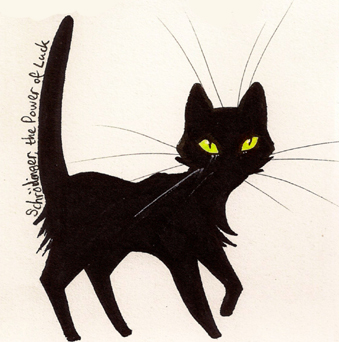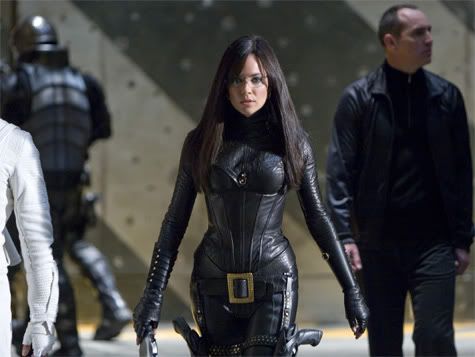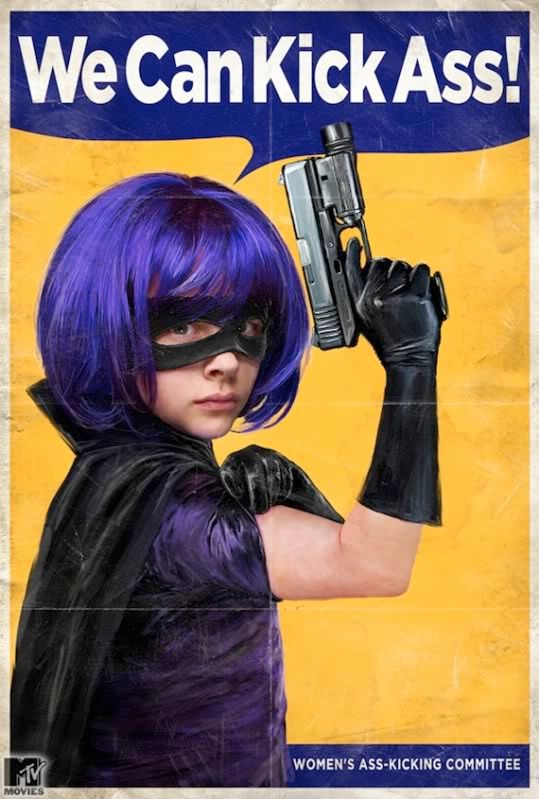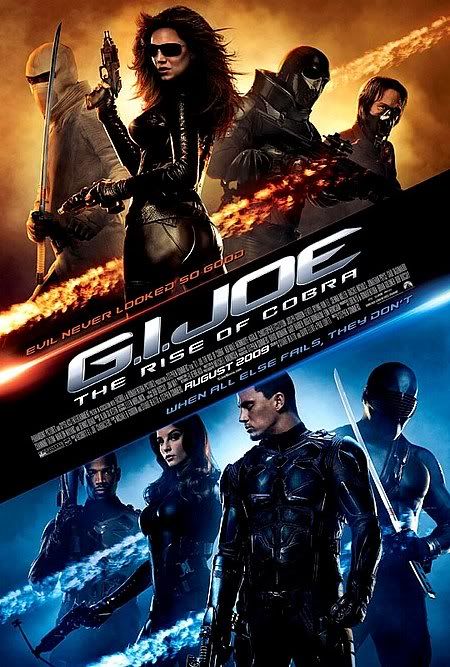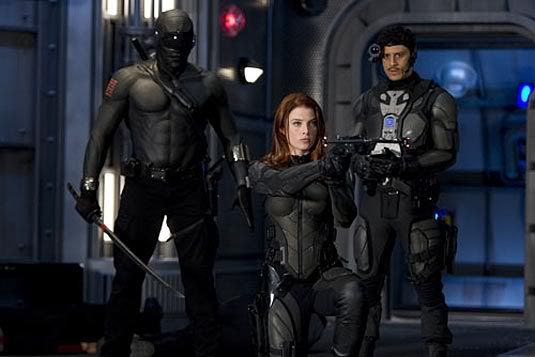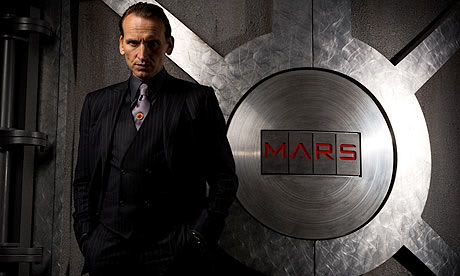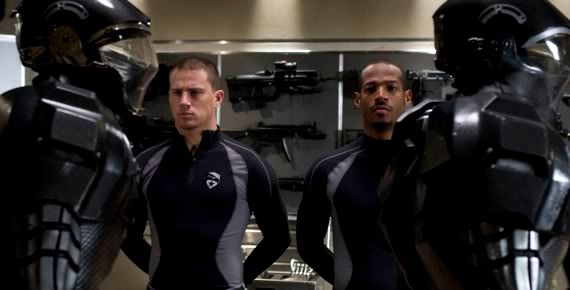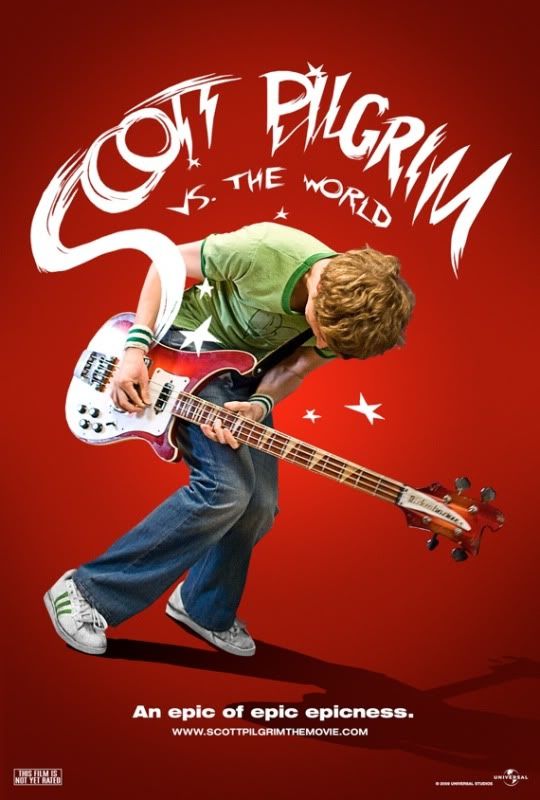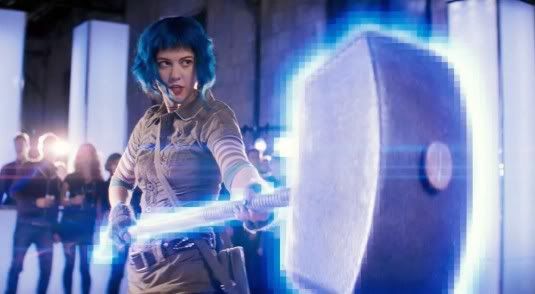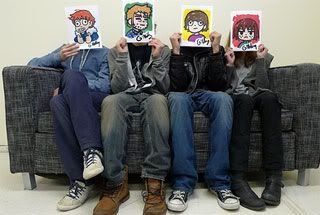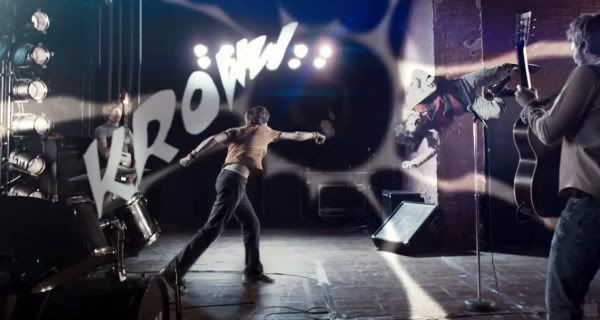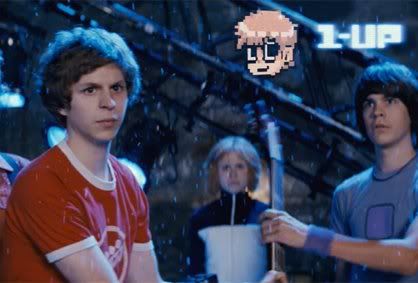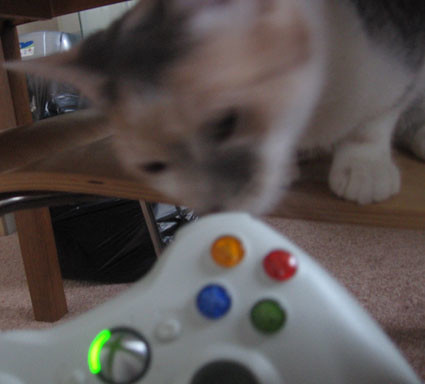
Since I and others may get worked up over this, here’s a picture of our kitten.
I try to keep the contents of this blog focused on storytelling and the best ways to do it in modern media. One of those forms of media is games. Video games, to be precise, and it’s a form of storytelling and interactive entertainment I’ve enjoyed since I was knee-high to a corn stalk. It’s in my blood. It’s part of my life. I am a gamer.
And yet, I feel like using that word has come to carry a negative connotation. Some have tried to distance themselves from the hobby to some degree. Some have pointed out that a lot of gamers are doing it wrong. Some are curious as to what’s going on with the term in general. And others want the label drowned in the bathtub altogether.
By the way, you should really go watch and read all of that stuff I just linked if you haven’t already. It’s worth your time especially if you’re a gamer, and it’s the basis for this entry.
For my part, I want to make something perfectly clear. I don’t think I’m better or worse than the large community of gamers out there. I’m just as guilty as taking joy in the failures of another gamer who happens to be on the opposing side of the Internets as anybody. I’ve shunned social interaction, ambition and even relationships for the sake of gaming. I’ve gotten pissed off to the point of physical violence over another failed attempt at a challenging level. After the experiences of suicidal depression, a nervous breakdown, abandonment, divorce and the rigors of the mental health recovery system in this country, I made a promise to myself that when I came across a flaw in my behavior, I’d take a look at the problem, find out where I’d gone wrong and strive to improve my behavior going forward.
Sometimes I do that. Sometimes I don’t. Sometimes I kick it right into the goal, sometimes I bounce one off the post. Nobody’s perfect, right? Yeah, I might lose my cool when I nearly get run over by somebody in an Audi who’s in a hurry to get from the local Starbucks to their next high-powered marketing meeting. Who doesn’t? And I might invoke the works of other gamers and critics – like I did two paragraphs ago – and be seen as taking them out of contest. Mistakes are going to happen. I’m a human being.
My point is: so are you, and so is everybody else out there. I want to be treated like one, and so I make the attempt to treat others like one. Is it really that hard? Am I strange for wanting this? Has common courtesy somehow become taboo, uncool or downright lame?

No. It hasn’t. And nobody should feel that way.
I’ve gotten into arguments over games, stories, programming procedures, politics, religion, philosophy and the best variety of Pop Tarts. And some of those arguments have gotten pretty heated. But when it comes to an actual debate, even when I bring up a point that I know is going to be unpopular for one reason or another, it’s never my goal to piss anybody off, make anybody feel inadequate or ashamed to feel the way they do. I especially have zero interest in perpetuating the notion that disagreement and dissension should be met with blind hatred phrased in abusive language.
Now before I get into the meat of this, let me pause to say that some of the discourse I’ve had recently related to games and gaming has been balanced and respectful. It’s heartening to experience respect and debate on the Internet, but the unfortunate truth is that this feels more like the exception than the norm. And that’s a problem. I’m also not opposed to the use of profanity. I make precision F-strikes from time to time to get a point across. But using that language in a demeaning, personal attack is a far cry from using it to emphasize a point.
Let me give you an example, specifically regarding the word “faggot” or “fag.” For a lot of so-called gamers out there, if you present a counter-argument to the prevailing sentiment about a given game or aspect of gamer culture — the characterization of a video game’s protagonist or lack thereof, for example, or the virtures of an RPG or turn-based strategy game over the plethora of FPS games out there — you must be a “fanboy” of whatever side you’re percieved to be on. Additionally, it’s not only acceptable but encouraged to imply if not out-and-out state that as a “fanboy” you are automatically also that aforementioned f-word and all it implies. The reinforcement of a negative sterotype of a particular minority of humanity, the perpetuation of the acts that are wrapped up in that stereotype and the consequences desired by certain political and religious groups for being a part of or even associated with that minority have become the default reactionary response of these so-called gamers. In other words, if you were to say that Team Fortress 2 is a better multiplayer experience than Halo or Call of Duty, the default reactionary response of these gamers is that (a) you play Valve games to the exclusion of all other games to the point of obsession and (b) you should be burned alive for being so clearly deviant from the accepted norms of gamer society.
This behavior is absolutely fucking disgusting.
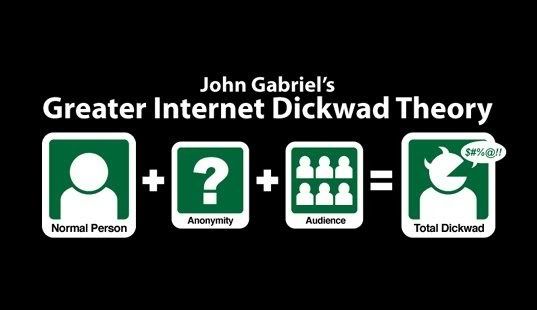
Putting aside the fact that this sort of rabid defense of a given sub-strata of gaming makes these valiant defenders of whatever they’re defending just as much a “fanboy” as the object of their ire, the virulent vomiting of acidic homophobic or racist hate renders any sort of counter-point they want to make entirely worthless, if they have any point to make at all. People work personal attacks into their commentary all time, be it for the sake of comedy or lacking anything further to say of intellectual importance. And in the interest of full disclosure, in the context of gameplay, busting out the occasional “Your mom” joke when you’re among friends is pretty harmless — I’ve done it & will likely do it again. There’s no intent there to harm, which is a point I’ll revisit.
But in the context of discourse and debate, when all you do is attack the person making the point instead of the point itself, all you’re doing is proving just how aggressively juvenile and socially inept you are. Pointing out flaws in an opponent’s logic, citing sources that discredit their thesis, deconstructing their argument in a way that’s just as constructive for future talking points as it is furthering your point of view — that’s interesting, intelligent, thought-provoking and respectful discussion. Invoking lewd sex acts done by or to your opponent or their family isn’t any of those things, nor is it all that funny.
As I said before, busting out the occasional “So’s your face!” among friends is one thing. Constant, unrepentant and abusive behavior is quite another. Making fun of someone aiming to have everybody laughing, including the one being made fun of, is one thing. Spitting out derogatory remarks laced with profanity for the sake of proving your superiority is another. See what I’m getting at here? Are you picking up what I’m putting down? Does this make any sense to you whatsoever?

Another picture of one of my cats associating with games. It calms me.
I know it might seem hypocritical of me to be telling people how to behave and to knock off personal attacks in what is looking more and more like a personal attack, albeit directed at a number of anonymous people. But how else do we call attention to this fundamental flaw in our society? What other recourse do we have to point out how bad this makes us look as a community? Why should we continue to let this be accepted, encouraged and in some cases defended behavior?
We can, and should, do better. We have a whole lot of language we can use. We are fully capable of rendering our arguments in ways that are not personally insulting, potentially inflammatory or deliberately pejorative. And when you get right down to it, the words themselves are devoid of meaning other than those we give them. George Carlin, may he rest in peace, said the following regarding language:
There are no bad words. Bad thoughts. Bad intentions. And woooords.
So I’m not saying that certain words are taboo and should never, ever be used. Taking words out of parlance is tantamount to censorship, which I’m just as opposed to as I am treating other people like shit because they happen to disagree with you. What I’m driving at here is that, as gamers, we should respect the opinions of other individuals even when we disagree with them. If we want to be respected, we need to show respect to others in order to earn the respect we crave.
We are a culture of short attention spans and ever-emerging distractions. We’ll get fired up about something for a bit and then move on to the next big release, content update or point of contention. I’m afraid this will happen when it comes to this aspect of our society. If that means I need to jump up and down in my cage, thump my chest and throw some poo, so be it. After all, the only thing necessary for evil to succeed is for good people to do nothing.
Now, I’m not saying these gamers are evil. That’s just as wrong as all of the homophobia. I’m just reiterating the fact that this kind of behavior, from its roots deep in the insecurities of socially inept gamers to its manifestation as streams of profanity wrapped around racist and homophobic epithets with the intent of degrading an individual for the sake of elevating one’s own sense of self-worth, is completely unacceptable. It wouldn’t be tolerated to use these words with that intent to someone’s face, and it shouldn’t be across the Internet, either. If you engaged in this behavior around a gaming table where dice are being thrown, or while sitting on the couch as a guest in someone else’s home, it would not go on anywhere near as long or be anything close to this ‘accepted.’ In fact, you’d be sitting by yourself pretty damn fast in most public situations because nobody wants to associate with the dickhead who thinks it’s funny to imply people he doesn’t like should be burned alive.
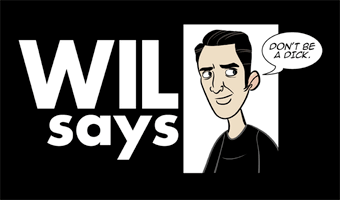
You can disagree with me if you like. You can even hate me for pointing this out, even though it’s been pointed out before. Send hate mail, engage in the very behavior I’m opposing, vote for projects other than mine out of spite, whatever. If that’s the price I have to pay for sticking my neck out in the name of common courtesy and asking that a level of decency be introduced to the interactions we have with one another as human beings sharing the same planet and trying to enjoy the same hobby, I’ll pay it gladly.

